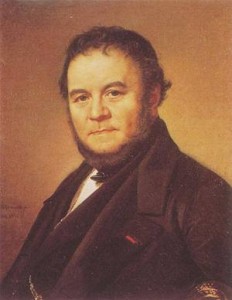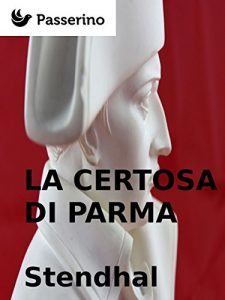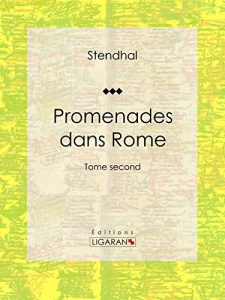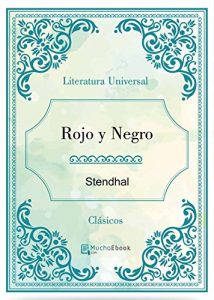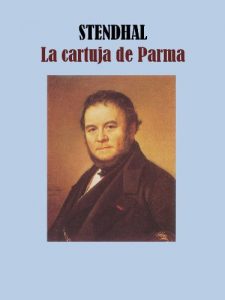Stendhal's classic novel, in the original French. According to Wikipedia: "The Charterhouse of Parma (French: La Chartreuse de Parme) is a novel published in 1839 by Stendhal.[1] The novel, along with The Red and the Black, is considered Stendhal's finest work. The Charterhouse of Parma tells the story of the young Italian nobleman Fabrice del Dongo and his adventures from his birth in 1798 to his death in 1829 (?). Fabrice?s early years are spent in his family?s castle on Lake Como, while most of the novel is set in a fictionalized Parma (both in modern-day Italy). The book begins with the French army sweeping into Milan and stirring up the sleepy region of Lombardy, allied with Austria. Fabrice grows up in the context of the intrigues and alliances for and against the French -- his father the Marchese comically fancies himself a spy for the Viennese. The novel's early section describes Fabrice's rather quixotic effort to join Napoleon when the latter returns to France in March 1815 (the Hundred Days). Fabrice at seventeen is idealistic, rather naive, and speaks poor French. However he won't be stopped, and he leaves his home on Lake Como and travels north under false papers. He wanders through France, losing money and horses at a fast rate. He is imprisoned as a spy, he escapes, dons the uniform of a dead French hussar, and in his excitement to play the role of a French soldier, wanders onto the field of battle at the Battle of Waterloo. Stendhal, a veteran of many battles during the Napoleonic period (he was one of the survivors of the retreat from Russia in 1812), describes this famous battle as a chaotic affair with soldiers who gallop one way, then another, while bullets plow the fields around them. Fabrice briefly joins the guard of Field Marshal Ney, is lucky to survive the fighting with a serious wound to his leg (given to him by one of the retreating French cavalrymen). He makes his way back to his family's castle, injured, broke, and still wondering "was I really in the battle?" Towards the end of the novel his efforts, such as they are, lead people to say that he was one of Napoleon's generals..."
Chartreuse de parme (in the original french), la
Sobre
Talvez você seja redirecionado para outro site
